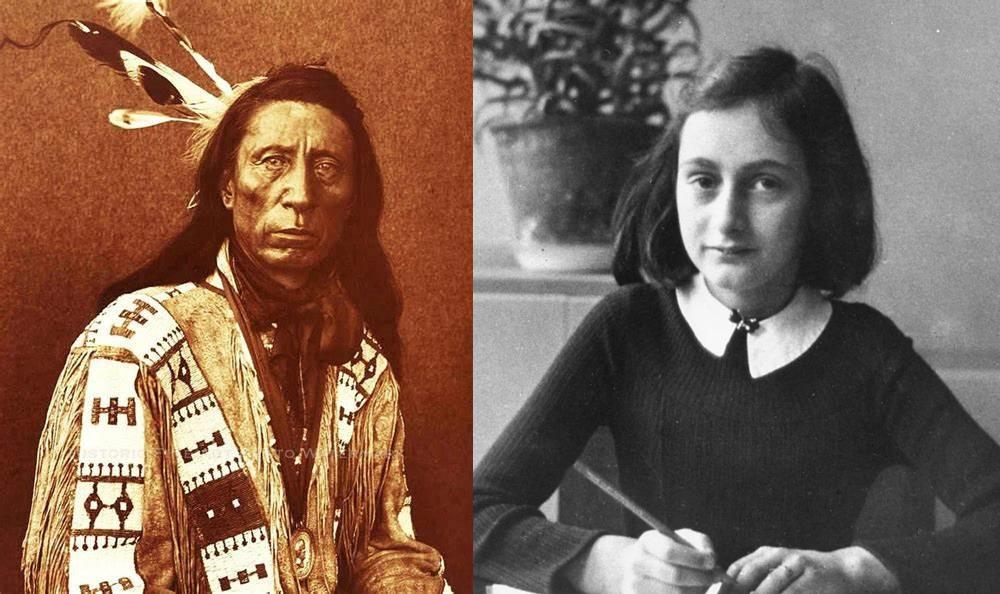The word “genocide” is a combination of the Greek word genos for “race/people” and the Latin word cide for “killing.” It is defined as “The destruction of a nation or an ethnic group” and was created in 1944 by Raphael “Rafal” Lemkin, a Polish attorney of Jewish descent. Lemkin was also instrumental in beginning the Genocide Convention, by lobbying a newly formed United Nations to “enter into an international treaty which would formulate genocide as an international crime, providing for its prevention and punishment in time of peace and war.” On Dec. 9, 1948, the Convention on the Prevention and Punishment of Genocide, the first of its kind, was approved by the United Nations in Paris, France.
The Convention defines genocide as follows:
“Article II: In the present Convention, genocide means any of the following acts committed with intent to destroy, in whole or in part, a national, ethnical, racial or religious group, as such:
- Killing members of the group;
- Causing serious bodily or mental harm to members of the group;
- Deliberately inflicting on the group conditions of life calculated to bring about its physical destruction in whole or in part;
- Imposing measures intended to prevent births within the group;
- Forcibly transferring children of the group to another group.”
(taken from the book GENOCIDE the shameful, unspoken history of crimes against humanity in the United States.)
On Sept. 3, 2014, former Gov. Maggie Hassan signed HB 1444 into law. The month of April was now officially recognized as “Genocide awareness Month,” making New Hampshire the fourth state to do so. The bill was signed at Keene State College with faculty, Holocaust survivors, state representatives and students in attendance. The legislation emphasized the prevention of future abominations and our shared humanity while acknowledging the need to never forget the victims of genocide. The bill also promoted the need to be more compassionate and inclusive of others.
In June, 2020 NH became the fourteenth state to enact a statute for Holocaust and genocide education when the House of Representatives passed a bill requiring Holocaust and genocide prevention education. It is now required under the state’s definition of an adequate education. In addition, a commission was set up to study “best practices” for teaching genocide education in the public schools. The new rules began in school year 2022-2023 and will continue for each consecutive school year.
This commission was comprised of (among others) a representative from Keene State College’s Cohen Center for Holocaust and Genocide Studies, and survivors or direct descendants of survivors of the Holocaust or another genocide.
Students in middle and high school or higher are now required to learn about the Holocaust and genocide. Before this legislation, it was up to an individual district whether to offer it or not.
“The Holocaust is not only a tragedy of the Jewish people, it is a failure of humanity as a whole.”
Between the years 1492 and 1900, roughly twelve million indigenous peoples were killed in the United States. In 2003, these forced removals, numerous wars, massacres and resulting deaths were aptly described and acknowledged as genocide.
“They made us many promises, more than I can remember, but they never kept but one; they promised to take our land, and they took it.” - Chief Red Cloud, Oglala Lakota
April is “Genocide Awareness Month”

